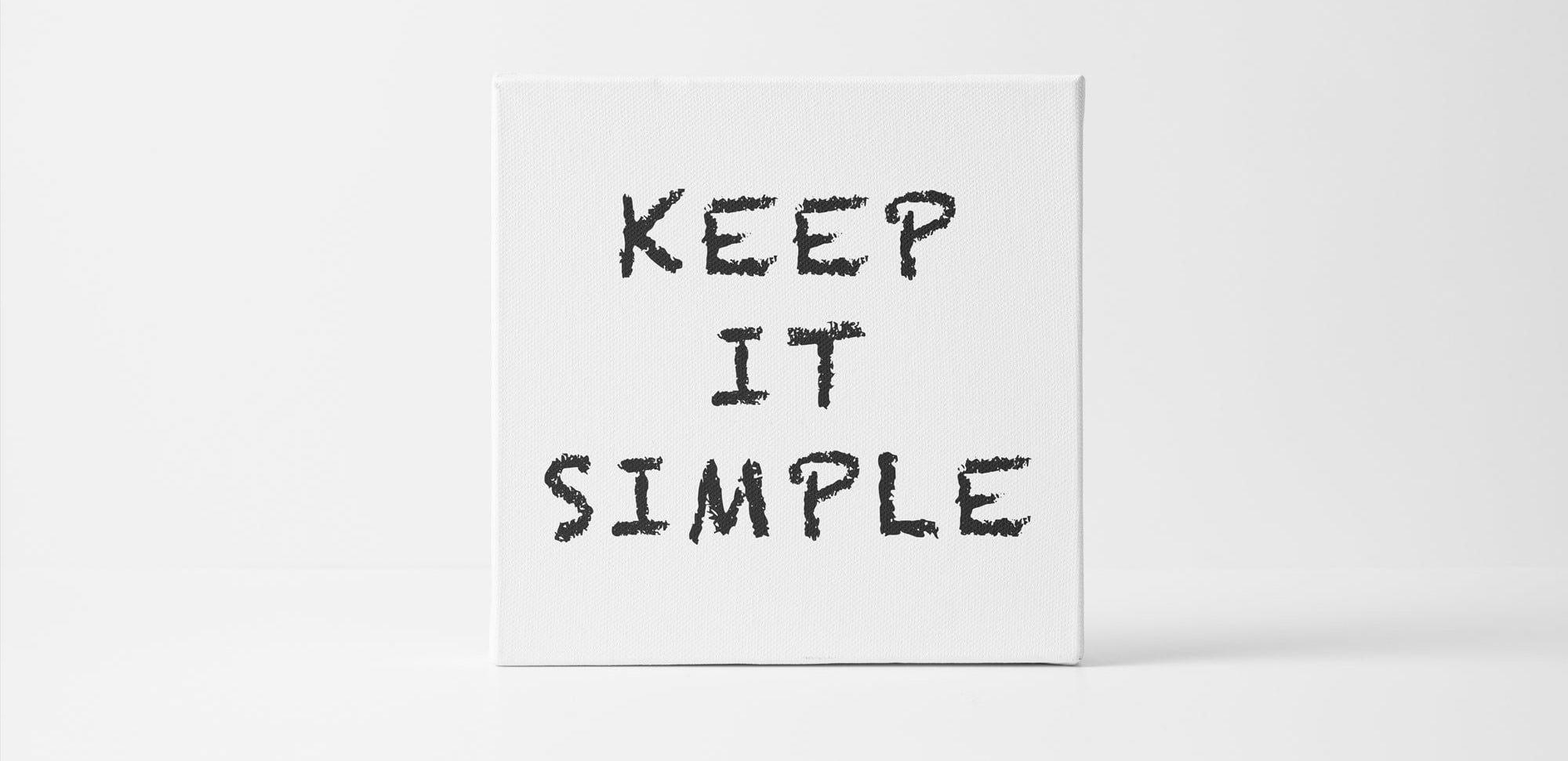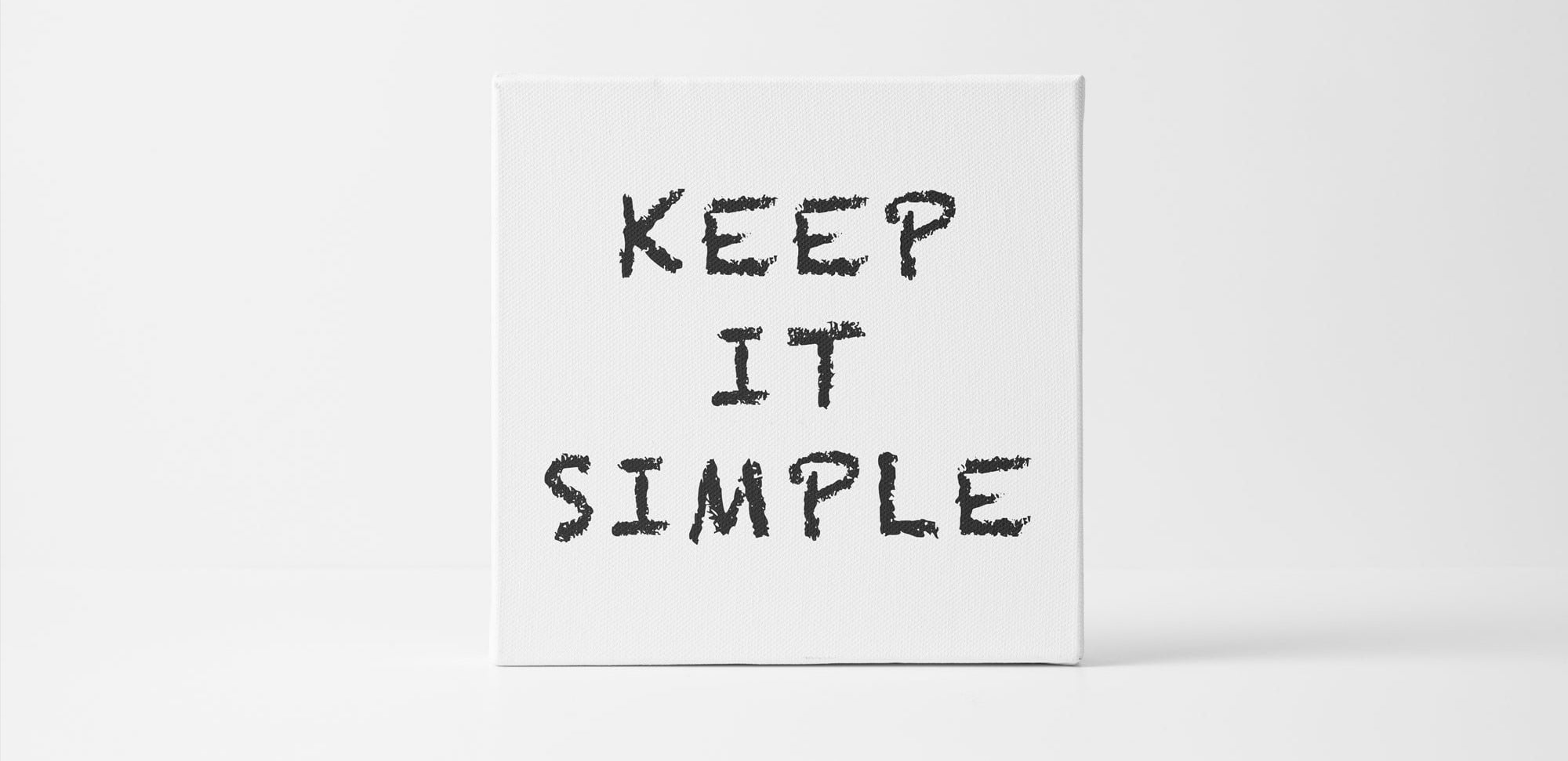To the question: “Why do you like this product?” people usually say it’s all about its characteristics.
Good sound, large memory, fashionable design, etc. Moreover, they are sure that this is true. A person can easily say what he or she likes. And then come up with reasons why this is so. Although the choice of time is influenced by very strange reasons.
In the Nors experiment, on days when French music was turned on in the wine department, 77% of buyers chose French wine. In the “days of German music” 73% of wine purchases fell on German.
In Laird’s experiments, respondents were asked to choose one of the four pairs of stockings they liked. Which were absolutely identical. What subjects were naturally not informed about. The only difference is the light aroma. Which one type of stocking was chosen more often than others. At the same time, people spoke about the quality of the threads, softness, gloss – about anything but the smell. In principle, only 6 out of 250 people noticed its presence. The buyer seeks to choose the best available. But in most cases, he does not have the knowledge to determine the quality of the goods. Unable to give an objective assessment, he begins to rely on subjective signals, which, in his opinion, speak of high quality.
Some of the quality signals are known. Glass cleaning fluid – blue. The quality of products in the store is assessed by the appearance of the section with fruits and vegetables. They should look as fresh as possible.
BMW draws attention to the sounds of closing doors and lowering windows – they indicate a high class car. Managing quality signals is very easy for a company – but finding them is extremely difficult.
More selling secrets – on the telegram channel https://t.me/dali_win









